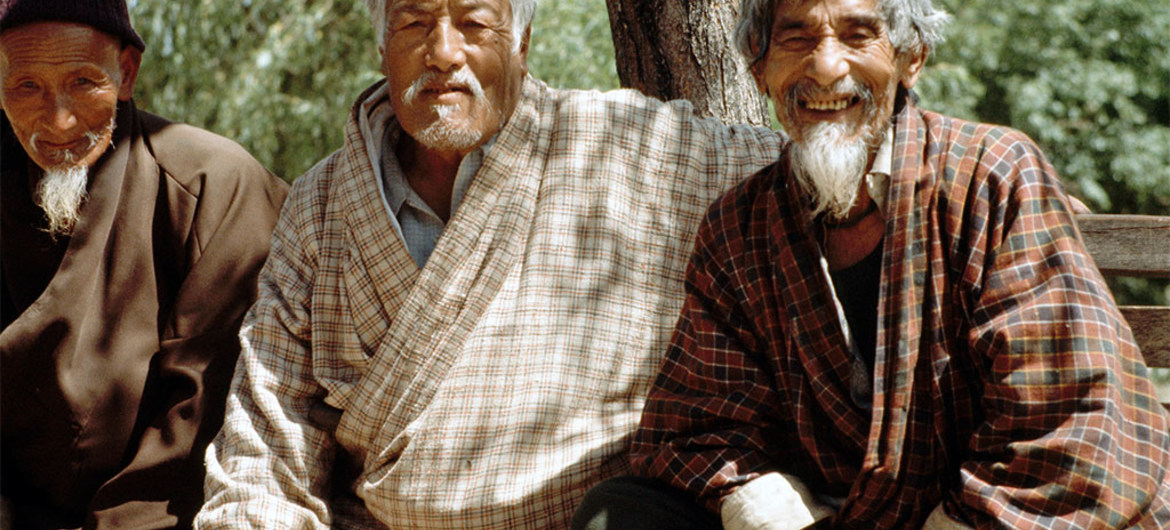
Access to justice is a basic principle of the rule of law: a guarantee for people to exercise their rights, and hold perpetrators and decision-makers accountable. However, both older persons with or without disabilities, and persons with disabilities regardless of their age – are disproportionately impacted by abuses to their right to access to justice.
This event included a dynamic high-level discussion between the two UN experts, UN Independent Expert on the Enjoyment of all Human Rights by Older Persons, Ms. Claudia Mahler, and the Special Rapporteur on the Rights of Persons with Disabilities, Mr. Gerard Quinn, moderated by Ms. Nena Georgantzi of Age Platform Europe, and an interactive discussion with attendees.
For older persons, direct and indirect discrimination in access to justice on the basis of older age remains invisible, and structural barriers go unquestioned. The international human rights framework lacks a comprehensive definition of older persons’ access to justice, or an elaboration of the obligation of States to adopt legislation and policies to guarantee effective access to justice for older persons. As a result, it does not provide adequate support and remedies to for older persons.
For persons with disabilities, the Convention on the Rights of Persons with Disabilities’ Article 13 articulates that all persons with disabilities have legal capacity and, therefore, no one shall be denied access to justice on the basis of disability. This was echoed in 2020 report International Principles and Guidelines on Access to Justice for Persons with Disabilities sponsored by the immediate past Special Rapporteur on the Rights of Persons with Disabilities.
Attendees came away with insights into the barriers to equal access to justice for older people, as well as the intersection of disability and older age in access to justice.
 Welcome to the United Nations
Welcome to the United Nations